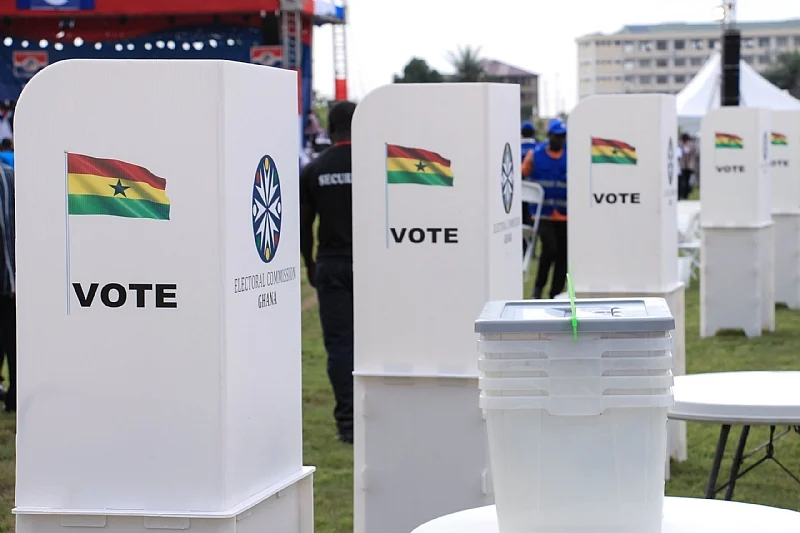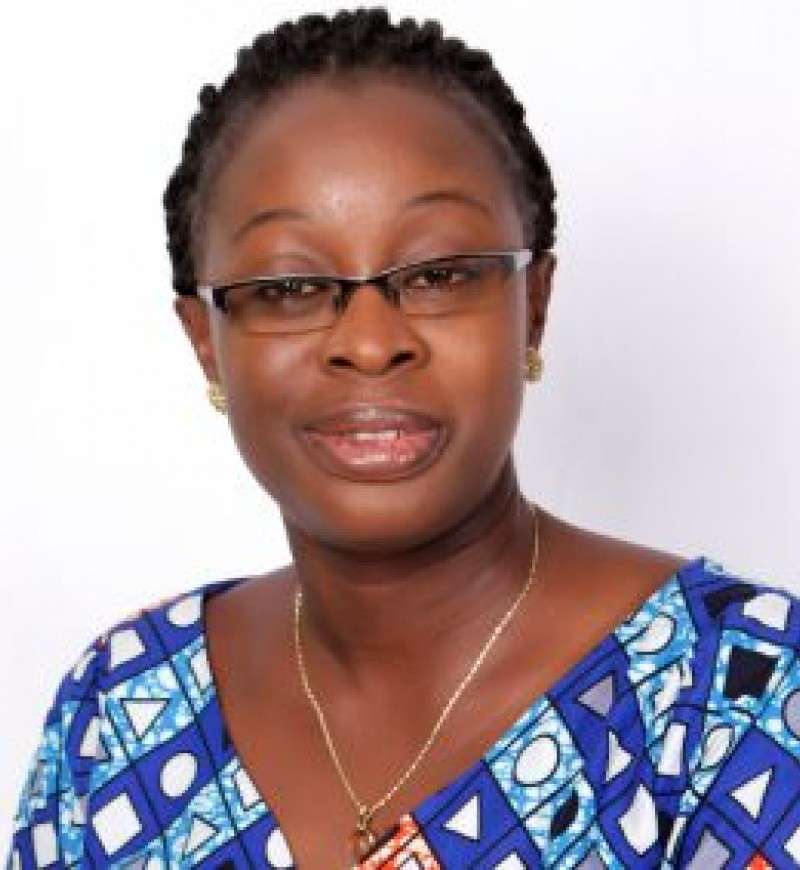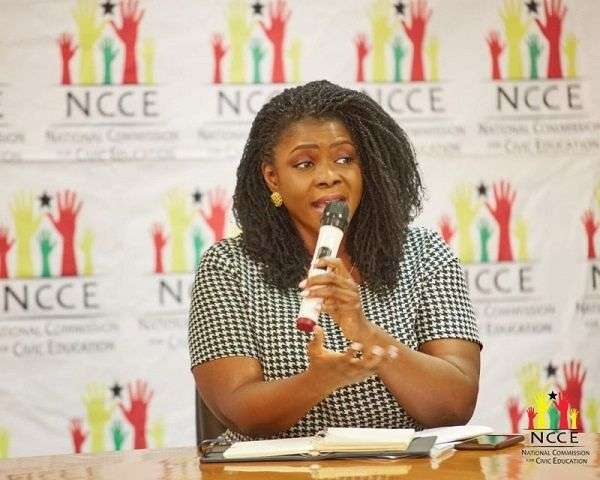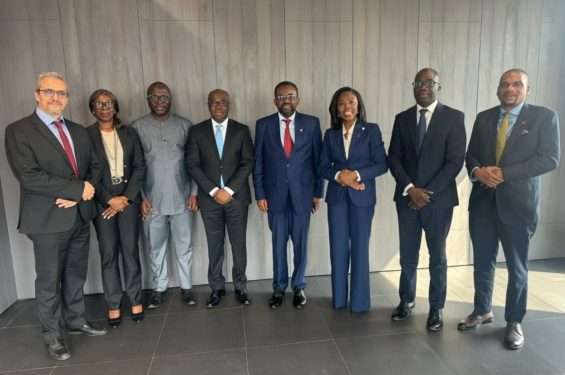Election violence remains a significant concern for democratic processes worldwide, and Ghana is no exception.
Despite its reputation for peaceful elections, the country has witnessed sporadic violence, particularly in tightly contested elections.
Accordingly, Kathleen Addy, Chairperson of the National Commission for Civic Education (NCCE), has raised concerns about the growing readiness of Ghanaians to engage in election-related violence coming December 7th.
This alarm followed the release of a recent NCCE report, which revealed that some voters are willing to resort to violence to promote party interests or counter perceived electoral malpractices.
As such, Addy stressed the urgent need to strengthen government institutions to restore public trust in the electoral process and prevent potential violence.
“We have people who are willing to say on record that yes, they’re willing to participate in violent activities at least for one reason or the other, it should be a great source of worry to all well-meaning Ghanaians.
“And as people, we should work together to ensure that we build confidence in the systems that have been set up for governance. So that people will not be compelled to take that course of action”.
Kathleen Addy
The NCCE Chairperson further emphasized the importance of public awareness regarding the availability of conflict resolution mechanisms through institutions such as the Peace Council.

She urged Ghanaians to make use of these established frameworks to peacefully address any electoral disputes or misunderstandings that may arise, instead of turning to violence.
Addy noted that utilizing these legal and institutional processes can help citizens ensure a stable and peaceful electoral environment, which in turn strengthens the nation’s democracy and fosters long-term social harmony.
She highlighted that party representatives are always present at polling stations to ensure that each party receives its allocated votes and to help maintain a smooth electoral process. “If you have not been delegated to represent your party, you have no business going there to do party work.”
NCCE Reveals Voter Priorities for 2024 Elections
Furthermore, the NCCE identified education, employment, and healthcare as the top priorities for voters ahead of the 2024 elections.
According to the commission’s report, many voters are particularly concerned about issues related to the Free Senior High School (SHS) policy, while younger voters are increasingly focused on employment opportunities.
Dr. Henrietta Sarpong, NCCE’s Director of Research, Monitoring, and Evaluation, stressed that these areas consistently emerge as key concerns for citizens.
She noted that the persistence of these issues is troubling, as it highlights the electorate’s dissatisfaction and growing demand for more effective policies and improved services in these critical sectors.

“The top five ranked issues were education, employment, health, roads and infrastructure and issues related to the economy. Those were the top five, the others were the middle, and then we have sports and climate change.
“There’s a lot of talk on climate change and most of you will attest to the fact that Ghanaians are not too cool in terms of climate change and ICT. Across regions, we have four regions having the same picture as the national as in the issues that are of concern to Ashanti, Central, Savannah”.
Dr. Henrietta Sarpong
Dr. Sarpong further noted that other regions raised concerns that differed from the top five issues identified.
She also highlighted that, in terms of gender, women are particularly more concerned about education, employment, and healthcare, as reflected in the data. “When it comes to roads and infrastructure, the men are keen on that”.
Dr. Sarpong noted that when it comes to issues like the economy and inflation, more women than men expressed concern.
She added that, when comparing concerns across age groups, those aged 20 to 39 were particularly focused on these issues. “I know that population was the highest, but on average, those within the working bracket are very keen about the issues”.
READ ALSO: Kemi Badenoch Criticizes Starmer Amid US Election Dispute





















